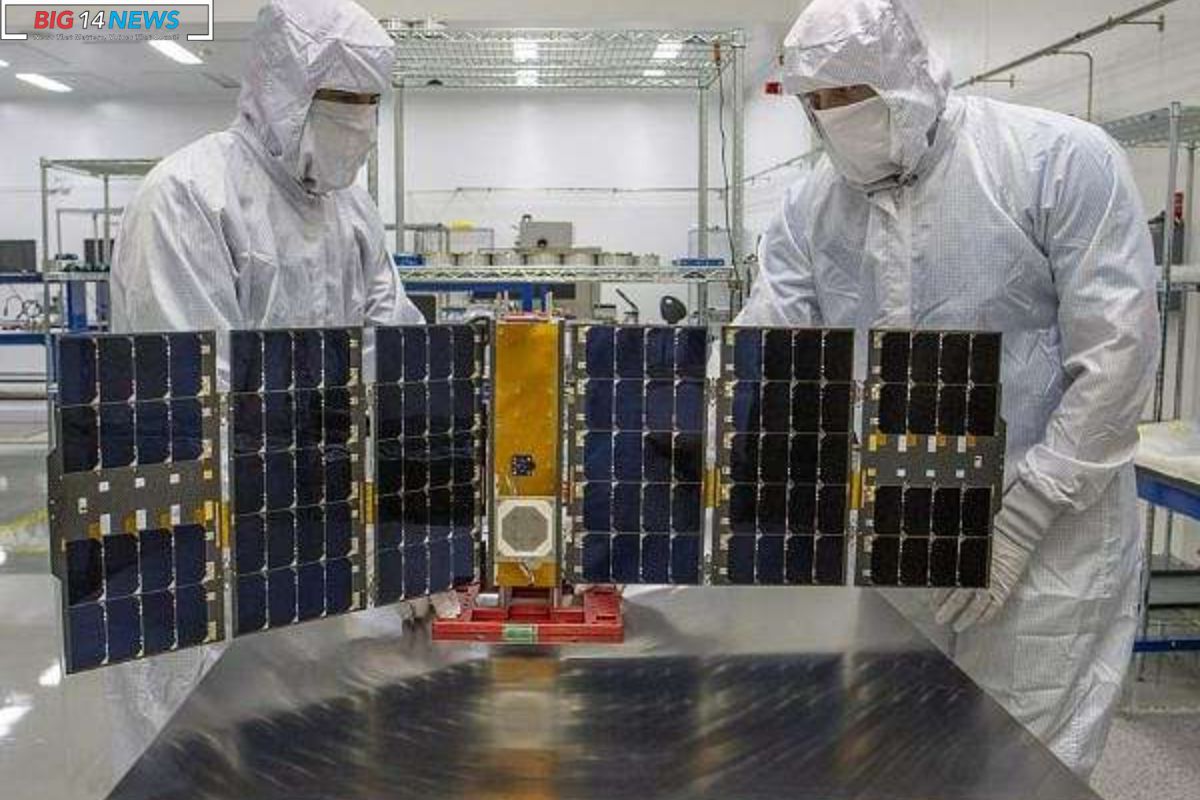Leidos Successfully Concludes Lonestar Program: Leidos, a prominent defense and space technology provider, has successfully completed its Lonestar program, a groundbreaking initiative aimed at enhancing space-based situational awareness for tactical military operations. The Lonestar Tactical Space Support Vehicle (TSSV), a technology demonstrator developed by Leidos, was launched on July 1, 2022, from the Mojave Air and Space Port. Initially planned for a one-year on-orbit demonstration under the U.S. Army Space and Missile Defense Command (USASMDC), the TSSV’s exceptional performance led to a six-month extension for additional data collection and observations.
Jonathan Pettus, the Aerospace, Civil, and Defense operations manager for Leidos Dynetics, emphasized the swift success of the Lonestar project. He stated, “Lonestar completed all of its on-orbit checkouts in the first 30 days” and expressed pride in contributing to the development of this crucial demonstration vehicle for the Army. The project showcased new technologies vital for GPS interference warning, benefiting tactical users in the field.
The success of the Lonestar project included sharing valuable observations with the Positioning, Navigation, and Timing (PNT) Situational Awareness community, Defense and Intelligence sectors, and federal agencies. The Space Development Agency (SDA) recognized Lonestar as a pathfinder in providing essential data for navigation capabilities within the Proliferated Warfighter Space Architecture (PWSA).
The USASMDC’s payload development laboratory at Redstone Arsenal in Huntsville, Alabama, played a critical role in supporting Lonestar’s on-orbit operations by providing necessary ground systems for satellite command and telemetry.
Awarded in 2018, the Lonestar contract underscores Leidos’ expertise in space systems and high-performance signal processing applications. The Dynetics team in Huntsville, responsible for developing, testing, integrating, and delivering the TSSV, demonstrated their capabilities through the Design, Development, Demonstration, and Integration (D3I), Domain 1 task order, with a contract value of $8.8 million. The rapid development, including hardware-in-the-loop testing and simulation, reflects Leidos’ proficiency in ensuring the payload mission software’s successful operation in flight.
ALSO READ: NASA US Space and Rocket Center Collaborate: Removal of Saturn IB from Alabama Rest Stop
Also Read: Fur Baby University Alabama Welcomes: a College-Style Doggie Daycare

